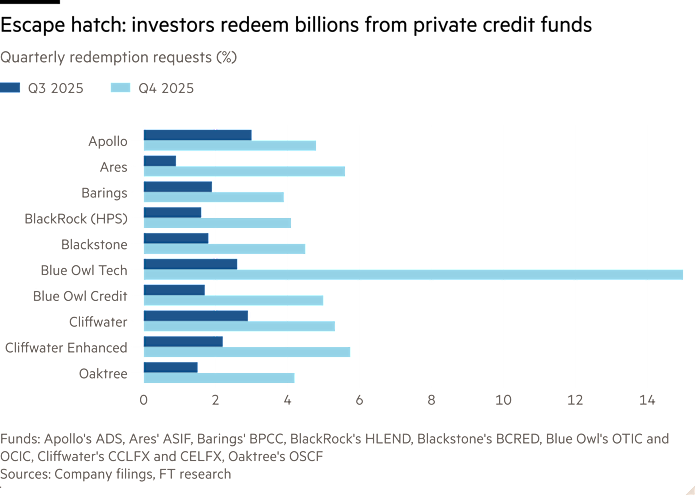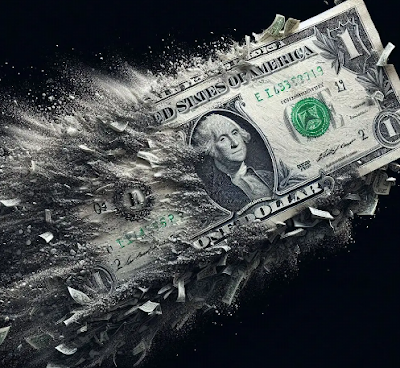Decades ago, Hollywood brought the neglected problem of domestic violence (DV) against women into the spotlight and helped to create cultural change. Today, Hollywood encourages people to dismiss or laugh at the neglected problem of DV against men. After all, the man must have had it coming; either that or he is too weak to stand up for himself and so deserves no sympathy. A general acceptance of women beating up men continues.
A recent episode (aired on April 20, 2023) of a new hit TV series on Netflix epitomizes this attitude. The Diplomat is a semicomedic political thriller about a female US ambassador named Kate in London and includes glimpses into her marriage. Season one, episode three—“Lambs in the Dark”—has a long segment in which the ambassador slugs her unresisting husband Hal, violently tackles him to the ground, scratches and kicks him, pummels him dozens of times with her fists, and picks up a huge branch with which to continue the attack. At one point Hal screams, “You are killing me!”
Two security agents stand some distance away, watching the assault through binoculars without intervening. (Note: if these are the sort of agents provided to other American officials, then they are federal law enforcement officers with police powers.) One of them dismisses the violence, saying, “We’re not his detail. We’re hers.” The violence is so casually presented that the agents follow it like a football game, with one observing, “Not going well for him, is it?” The hysterical battery ends only when an agent approaches to tell Kate that the chief of staff wants to talk to her. The next day, Hal sports a black eye and bruised nose.
The scene is played as comedy. Presumably, it is also meant to cement the image of Kate as a powerful woman who doesn’t put up with the abuse Hal puts her through; in short, he deserves it.
Now imagine that Hal attacks an unresisting Kate. Would anyone consider this to be humorous? Would they view a man who bashed a woman to be powerful and more of a man? What if she were a harpy; would she also deserve to be punched repeatedly in the face? What would people think about law enforcement who stood and watched as though it were a sporting event?
Two commonly offered justifications for dismissing or ridiculing male DV victims are that such attacks are rare and the harm inflicted is mild compared to what a woman experiences.
DV against males is not rare. The widespread abuse of men is well documented. A fact sheet from the National Coalition Against Domestic Violence states, “1 in 3 women and 1 in 4 men have experienced some form of physical violence by an intimate partner. This includes a range of behaviors (e.g., slapping, shoving, pushing) and in some cases might not be considered domestic violence.” Different research offers higher or lower rates of male victimization, but both sexes are abusers and abused. Yet to the mainstream media, a victimized woman is an outrage; a victimized man is a giggle.
Regarding the second justification, while DV against men may inflict less physical harm, psychological injuries are a different question. The physical injuries may well be milder because women are not generally as strong as men. But the use of weapons—even a simple frying pan—can eliminate this advantage. Perhaps the most reliable estimate on the “severity” issue comes from the National Intimate Partner and Sexual Violence Survey: 2010 Summary Report: “1 in 4 women and 1 in 7 men have been victims of severe physical violence (e.g., beating, burning, strangling) by an intimate partner in their lifetime.” The issue remains unclear, however, for several reasons. A great deal of research includes feminist bias; for personal reasons, those who report DV often exaggerate or downplay their injuries; some of the best data is old, as data goes. The bottom line: unless people similarly dismiss female victims who are slightly injured, it comes back to dismissing male victims simply because they are men.
Netflix’s bias is not confined to The Diplomat but spills over into other shows. Consider Alia Bhatt’s Darlings, a 2022 Indian Hindi-language film distributed by Netflix. The Netflix site describes the movie: “Badru hopes her volatile husband will reform if he stops drinking. But when his rage goes too far, she and her mom boldly, albeit clumsily, seek revenge.” In the article “Alia Bhatt’s Darlings Proves Revenge Doesn’t Justify Domestic Violence against Men,” the Indian website MensXP comments on the clumsy revenge sought.
Badrunnisa is a victim of domestic violence who keeps going back into an abusive relationship, thinking this is the last time she’ll get hurt—emotionally and physically. . . . Everyone feels bad for this woman who keeps putting up with her violent husband. She’s about to end her life one day when she decides to take matters into her own hands and put an end to this oppression. How? By becoming an oppressor, herself.
If our hearts can collectively bleed for a woman being beaten by her husband, why does it fall shush when the same happens to a man?
The husband is tortured by Badrunnisa and her mother who eventually tie him to a railroad track where he meets his death. Along the way, the mother confesses to Badrunnisa that her own husband—presumably Badrunnisa’s father—was also abusive, which is why she killed him as well. Apparently, mariticide is a family tradition. The Wikipedia entry for the movie calls it a “dark comedy” and ends the plot summary with the statement, “A few days later, they hold a funeral for Hamza [the husband]. Badru smiles, roams around the city independently happy that she is free now, hoping for a better future.”
Badrunnisa could have left her husband at any time. Instead, she becomes a torturer and a murderess; her mother is a torturer and a double murderess. And yet, they walk free and Badrunnisa smiles happily while contemplating a better future. Hamza has no future. If his abuse was inexcusable, which it was, then how much worse is their abusing and killing him? And yet, Netflix normalizes, if not celebrates, torture and murder . . . that is, if they happen to a man. Switch the sexes in Darling and Netflix would be screaming its outrage.
Abuse is always abuse, and it is never justified. Turnabout is not fair play if the person being tormented is free to leave but chooses to stay. I was once so badly beaten by a boyfriend that I am now legally blind in one eye. But my other eye sees clearly that violence against another person is justified only in immediate self-defense and only as a last resort.
It is shameful that Netflix embraces the brutalization of men as a happy, giggling matter. Do not share in the shame by laughing along.
Full story here Are you the author? Previous post See more for Next postTags: Featured,newsletter



































